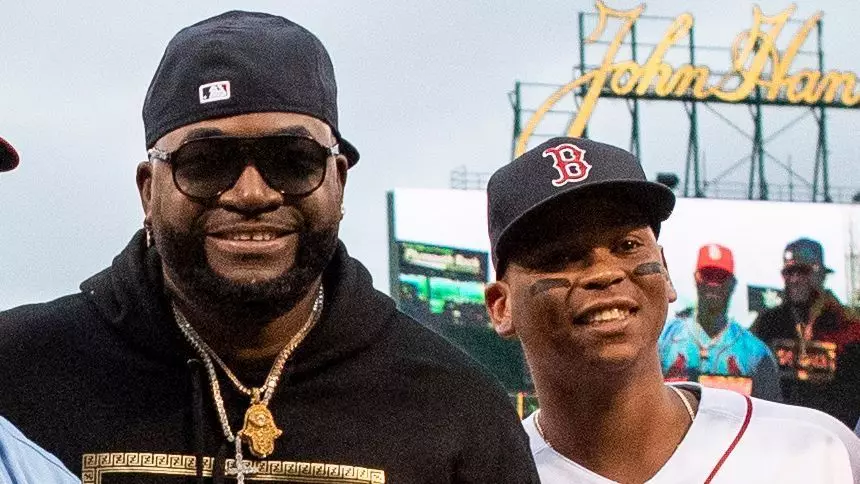The Boston Red Sox are at a crossroads regarding the role of designated hitter Rafael Devers, a situation that reflects not just strategic decisions on the field, but also an understanding of player agency and development. With the recent season-ending injury to first baseman Triston Casas, there’s a looming temptation from the organization to shift Devers from his comfortable position as a DH to first base. In a discussion with Hall of Famer David Ortiz, a powerhouse known for his prowess in the role of DH, we witness a poignant stance on this pressing issue. Ortiz argues that Devers should be left alone to fully embrace the designated hitter position, a sentiment that underlines the importance of player comfort and specialization in today’s evolving sports landscape.
The Intricacies of Player Specialization
Specialization is an invaluable trait in modern baseball. Role players are often expected to fine-tune their skills for specific positions. David Ortiz made a powerful argument that players shouldn’t be pressured into multi-dimensional roles without adequate time and preparation. Devers, at just 28 years old, has shown outstanding capability as a DH, currently maintaining a .286 batting average, along with an impressive 12 home runs and a league-leading 52 RBIs. Ortiz emphasizes that while the organization might envision a lineup revamp that includes Devers at first base, this shift could disrupt his momentum as a hitter. In a sport where confidence is paramount, straying from what one does best can lead to regression rather than growth.
The Cost of Immediate Solutions
In baseball—much like life—immediate solutions often come with hidden costs. While it may seem advantageous to switch Devers to first base for the remainder of the season, the long-term implications are worth scrutinizing. A sudden shift not only dampens Devers’s current performance but can also stifle his potential future as a leading hitter. Ortiz recalls his own experience being transitioned into a DH role and how it took time to fully adapt. Unlike in previous eras when versatility was highly valued, the game today demands a more nuanced understanding of player roles. The greatest successes are often borne from allowing a player to excel in a defined, familiar role, rather than compelling them to adapt impulsively based on external pressures.
Listening to the Player: A Fundamental Principle
Above all, the player’s voice is paramount. Devers displayed initial reluctance regarding the DH position, eventually accommodating the team’s needs. His recent assertion of unwillingness to play first base should not be ignored. In an era marked by athletes advocating for their career paths, the Red Sox need to listen to Devers’s preferences as they design the team. Ortiz aptly notes that any decision to practice or shift Devers should lie squarely with him. It’s crucial for franchise leadership to foster an environment where players feel empowered to express their comfort levels, which ultimately cultivates trust and strengthens team morale.
A Lesson From the Legends
Moreover, evidence from the past indicates that those who drove the success of their teams were often those who remained in their preferred roles. Ortiz himself thrived as a designated hitter and firmly established his legacy, leading the Red Sox to three World Series titles. Had he been forced to juggle multiple responsibilities, his trajectory might have shifted entirely. The conversation Ortiz offers about Devers invites an important reflection: while addressing team needs is essential, failing to respect player boundaries could lead to long-term complications.
In the end, empowering players like Devers to own their roles establishes a focused and buoyant environment within the sport. The Red Sox should recognize that sometimes the best decision is not the one that appears most immediate, but rather the one that allows players to shine in the arenas where they feel most comfortable and capable. It is time for the Red Sox to embrace this philosophy and prioritize the individual talent within their roster, ensuring a thriving atmosphere that champions player growth while achieving organizational goals.


Leave a Reply